Food & Sugar Addiction

Seeking treatment? Questions?
Get 24/7 confidential help now:
Or Receive A Call:
Last Medically Reviewed 15 November 2022
Food & Sugar Addiction:
Things to Know
Many people don’t realize that food addiction is a real problem. Just like drugs and alcohol, some individuals can develop an dependency on certain foods. This disorder, referred to as food addiction, is defined by someone’s overconsumption of items that are either highly palatable or high in fat, sugar, and sodium.
People who are addicted to food are commonly seen as lazy or lack self-control, but this could not be further from the truth. No one becomes addicted to food by choice. The addiction is caused by consuming foods that stimulate pleasure centers in the brain, much like illegal drugs such as heroin and cocaine.
This addiction’s nature leads victims to excessively eat and they then have no control over it. They feel depressed, ashamed, and have negative self-esteem afterwards. Unfortunately, our culture doesn’t do anything to help food addicts because they’re commonly seen as lazy gluttons with no willpower.
The associated shame and stigma of overeating can make seeking treatment very difficult and embarrassing for victims. This is unfair because no one deserves to live this way. Remember that food addiction treatment is available.
Understanding Food
addiction
People who are addicted to food become reliant on the “good” emotions they get from consuming particular foods, which then encourages them to keep eating even when they’re not hungry. This forms a vicious cycle. As food addicts continue overeating the foods that make them feel good, they often eat more than what is necessary for fullness and healthy nutrition.
These addiction-fueled behaviors not only lead to physical consequences like digestive issues and heart disease, but also emotional ones such as low self-esteem and depression. Despite the negative effects, food addicts continue to need the pleasurable feelings these addictions produce.
The detrimental consequences of food addiction can be severe, which is why it’s crucial to seek professional help. If you or anyone you know is battling an addiction to food, it’s important to realize there is help available and a way out. Psyclarity Health offers ample support that can guide you back to sobriety and peace. Our professionals are here for you every step of the journey, so please do not hesitate to reach out to us today.
Food Addiction Versus Binge Eating
Although food addiction and binge eating disorder are terms that are used interchangeably, they refer to different disorders. Food addiction specifically refers to the biochemical dependency on foods high in fat, sugar, and sodium as these have addictive properties. The disorder is similar to binge eating where people consume large amounts of food in a short period uncontrollably.
The primary distinction between food addiction and binge eating is that food addicts are chemically dependent on particular foods. When they cannot get their hands on these highly-palatable dishes, they experience withdrawal symptoms such as strong physical cravings, warped perceptions of needs, and in some instances, maniacal tendencies. The withdrawal effects could even prompt food addict victims to lie or steal to satisfy their hunger.
The Chemical Dependence
Addicts direct their lives around acquiring and consuming trigger foods, which produce a feeling of intense pleasure in the brain similar to that caused by drugs. The release of dopamine and serotonin associated with this sensation occurs immediately after eating, leading the addicts to develop an emotional attachment to food. They eventually come to see it as a source of comfort and stability, despite any negative consequences that may result from their addiction.
The crave-inducing signals emitted by these foods can be so powerful that they override any feelings of satisfaction or fullness. People who become addicted to food will often eat excessively, and will find themselves preoccupied with thinking about food and looking forward to the pleasure associated with eating it.
Food Addiction, Eating Disorders & Obesity
While it’s true that sometimes food addictions can lead to obesity because of the increased caloric intake, this isn’t always the case. Eating disorders are just one part of the larger puzzle when understanding why someone may be obese. Other contributory factors include things like physical activity levels and genetics. In fact, plenty of people who have healthy weights live with food addictions but make up for the extra calories they consume by working out more or simply having higher metabolisms.
Is Food Addiction
a Mental Illness?
Food addiction is an obsession with food that manifests in continued overeating behaviors, secretive eating habits, and an inability to stop consuming large amounts of food. Though not exactly the same as substance addiction, certain foods can trigger the brain’s pleasurable regions in a similar way. Food addiction is a very real emotional and psychological addiction.
Causes of
Food Addiction
There are several probable causes for food addiction, including social and psychological factors that interact to create this disorder. People might develop an addiction as a consequence of biological, psychological, or social reasons. Factors on the biological level that could play a role in causing this eating disorder include hormonal imbalances, abnormalities in certain brain structures, side effects from medications, or having family members with similar addiction problems.
The condition might also originate from psychological factors, such as emotional or sexual abuse, being a victim or survivor of trauma, unhealthy coping mechanisms for negative situations, chronic low self-esteem, grief, or loss. Psychological factors like these cause people to turn to food as a way of coping with difficult emotions.
There are also social implications, such as disturbances in family function, pressure from peers or society, social isolation, child abuse, lack of social support, and stressful life events that may be involved with food addiction.
Food addiction sometimes occurs with other mental health disorders, such as eating disorders or substance abuse. If left untreated, a complex mental health issue like food addiction can cause severe complications. It is highly recommended to seek professional help to recover from this disorder.
Signs of
Food Addiction
People addicted to food will continue eating despite harmful consequences, such as weight gain or ruined relationships. Also similar to those addicted to drugs or gambling, people addicted to food have a difficult time stopping their behavior; this is true even if they want to stop and have made many attempts at doing so in the past.
We all have those certain foods that we love and crave, but at what point do these cravings turn into dependencies? Here are some food addiction signs to help make it more clear:
- Obsessing over food every day
- Craving the emotional rewards of eating
- Eating excessive amounts of food in short periods of time
- Overeating beyond feeling full
- Overconsumption despite the physical weight gain or other health issues
- Inability to stick to diets or food restrictions
- Hiding your eating habits in public versus when alone
- Losing control after eating certain trigger foods
- Panic attacks, anxiety, and irritability when going without food
- Relief, comfort, and extreme pleasure only while eating
- Intense feelings of depression and self-loathing after overeating
- Thoughts of suicide or self-harm due to self hatred
Someone you love could be suffering from a food addiction, and it’s imperative to get professional help as soon as possible. The team at Psyclarity Health is knowledgeable in eating disorder diagnosis and can provide the necessary treatment for food addiction. You are not alone in this battle.
Food Addiction
Treatment Options
Psyclarity Health provides varios food addiction treatment options. Different types of therapy can help a person addicted to food, or suffering from binge eating disorder, in various ways. They might learn how to avoid bingeing on food, lose weight healthily, and deal with any psychological problems that the addiction has caused. These therapies may be offered as either an inpatient or outpatient service and include:
- Cognitive Behavioral Therapy (CBT): CBT seeks to help those with food addiction by targeting thoughts and feelings that may contribute to addictive behaviors. The goal is typically moderation, rather than complete avoidance of certain foods. This approach also involves learning skills to cope with relapse triggers.
- Dialectical Behavior Therapy (DBT): DBT was designed to help those with borderline personality disorder, however it has also proven successful in treating food addiction. DBT teaches people how to better manage stress, emotions, and relationships; three things that often lead someone to turn towards food as a way of coping.
- Nutritional Counseling: Food addiction is a real thing, and it can be helped by changing some habits with the help of nutritional counselors or dieticians. They teach people how to eat in a healthier way so they’re not as addicted. It’s different from other types of addiction because we need food to live, so abstinence isn’t possible.
- Interpersonal Psychotherapy: Since binge eating is often a way to deal with relationship problems, teaching improved communication skills and broadening one’s support system can help minimize the number of episodes.
Overcoming
Food Addiction
Recovery from food addiction is often more complicated than recovering from other addictions. For example, while alcoholics can ultimately abstain from drinking altogether, people who are addicted to food still need to eat.
If you’re addicted to food and can’t stop overeating, there is hope. You don’t have to live thorugh it alone. Nutritionists, psychologists, and doctors who are educated about food addiction can help you break the cycle of compulsive eating and overcome food addiction. There is also an increase programs that provide support for people struggling with food addiction.
At Psyclarity Health, we provide specialized treatment programs for food addictions. They can be aligned with your specific needs and are supported by our in-house medical professionals. Get in touch if you need help. We are here for you.
MAKE THE CALL
Don’t go through the process of recovery alone.
There are people who can help you with the struggle you’re facing. Get in touch with one today.
Call Now: 855-924-5350
GET THE CALL
Enter your phone number below to request a call from a treatment professional.







